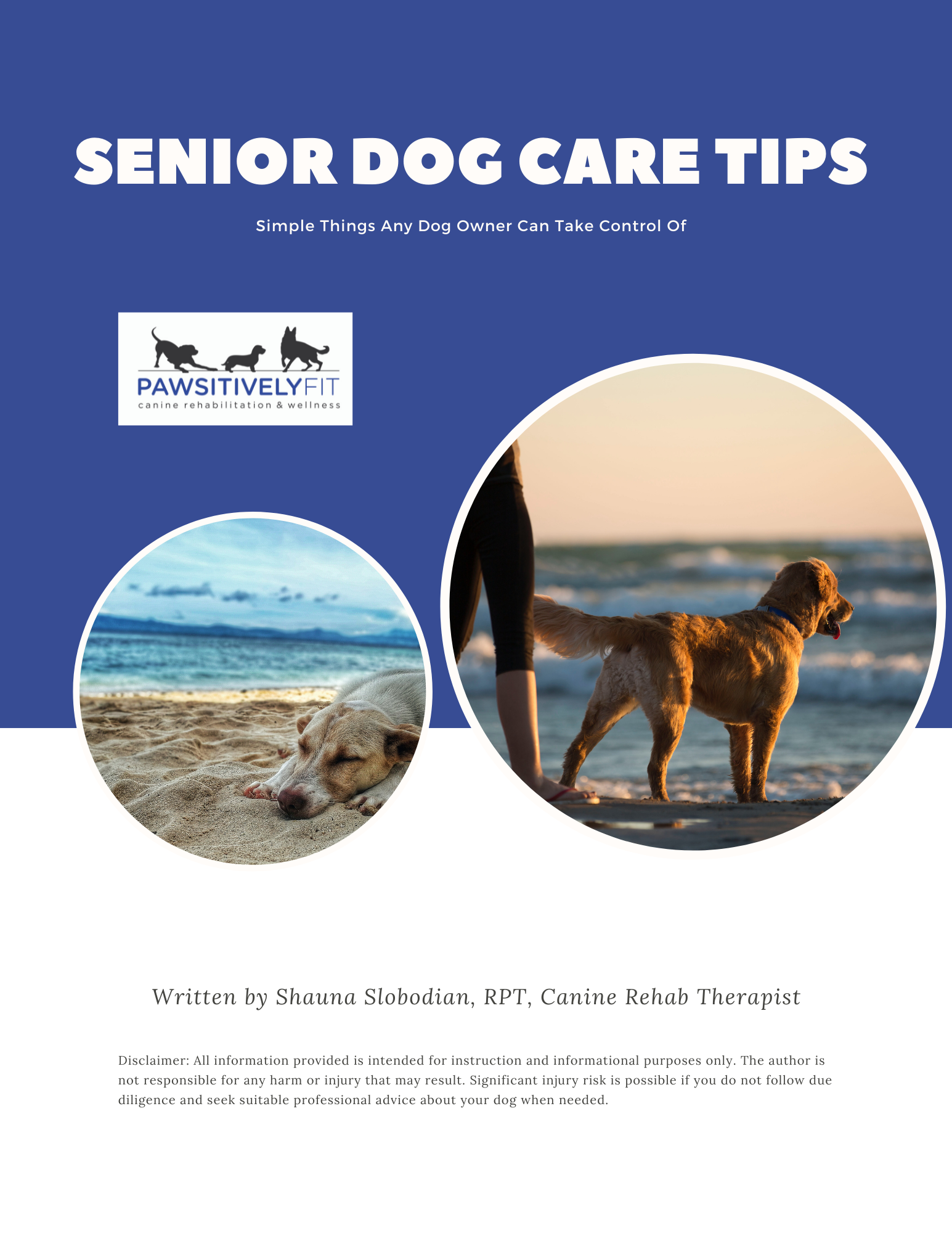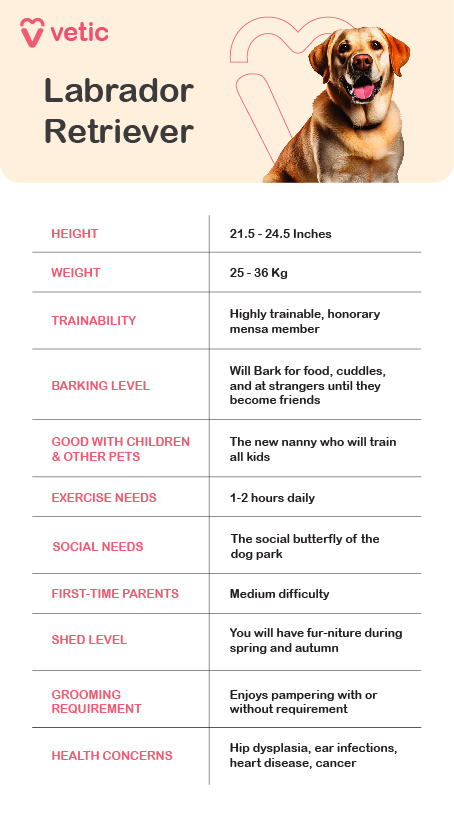As an Amazon Associate I earn from qualifying purchases.
Caring for elderly pets requires special attention and love. Older pets have unique needs that differ from younger ones.
As our pets age, they face new health challenges. Their energy levels drop, and they may need different diets and more frequent vet visits. Understanding these changes helps us provide better care. This blog offers practical tips for taking care of your elderly pets.
You’ll learn about their specific needs and how to make their golden years comfortable. From diet adjustments to exercise routines, every detail matters. By following these tips, you can ensure your furry friend stays happy and healthy in their later years. Let’s dive into the essentials of elderly pet care.

Credit: online.pawsitivelyfit.ca
Recognizing Senior Pet Needs
Older pets show changes in their bodies. Their fur may turn gray. They might move slower. Joints can become stiff. Vision and hearing often decline.
Behavioral Changes
Pets might sleep more. They can become less active. They may also seem confused at times. Some pets become irritable. Others might become more affectionate.
Changes in eating habits can occur. Some may eat less. Others may gain weight. Keep an eye on their health. Regular vet visits are essential.

Credit: www.facebook.com
Nutrition For Senior Pets
Senior pets need fewer calories. Their activity level decreases with age. Choose low-calorie foods. They help prevent weight gain. Add fiber to their diet. It helps with digestion. Older pets often have slower digestion.
Protein is also crucial. It helps maintain muscle mass. Select high-quality protein sources. Wet food can be easier to chew. Older pets sometimes have dental issues. Ensure they stay hydrated too. Water is vital for their health.
Consider adding supplements to their diet. Omega-3 fatty acids can support joint health. They also benefit skin and coat. Glucosamine may help with arthritis. Consult your vet for advice. Vitamins are also important. Vitamin E supports the immune system. Vitamin B helps with energy levels. Always consult a vet before starting supplements.
Exercise And Mobility
Older pets need gentle exercises. Short walks are a good start. Swimming is great for joints. It’s easy on their body. Playing with toys can keep them active. Simple games stimulate their mind. Remember to keep sessions short. Avoid strenuous activities. Rest is important, too.
Pet ramps help with stairs. Orthopedic beds support aching joints. Non-slip mats prevent falls. Harnesses offer better control. Strollers can be useful for longer trips. Elevated feeders reduce strain on their neck. Joint supplements may provide relief. Regular vet visits ensure proper care.
Regular Veterinary Care
Older pets need regular check-ups. These visits help find problems early. Early treatment can make a big difference. Vets check for common issues like arthritis and heart problems. They also track your pet’s weight and diet. Regular vet visits keep pets happy and healthy.
Vaccinations protect pets from diseases. Even old pets need them. Preventive care includes flea and tick control. It also involves dental care. Clean teeth prevent pain and infections. Good care helps pets live longer. Healthy pets are happy pets.
Dental Health
Caring for an elderly pet’s dental health is crucial. Regular check-ups help prevent dental issues and maintain overall well-being. Brush their teeth gently to avoid plaque buildup.
Common Dental Issues
Many elderly pets suffer from dental problems. Tooth decay is common. Gum disease affects many older pets. Bad breath can be a sign of oral issues. Tooth loss might occur. Tartar build-up is also frequent.
Home Dental Care Tips
Brush your pet’s teeth daily. Use a soft toothbrush and pet-friendly toothpaste. Offer dental treats to reduce plaque. Provide chew toys to help clean teeth. Schedule regular vet check-ups for dental health. Clean your pet’s mouth gently.

Credit: vetic.in
Comfortable Living Environment
Elderly pets need soft and supportive beds. Choose beds that cushion their joints. Place the bed in a quiet spot. This helps them rest better. Clean the bedding often to keep it fresh. Use materials that are easy to wash. Ensure the bed is big enough for them to stretch out. Raised edges can provide support and comfort. Make sure they can get in and out easily.
Make your home safe for elderly pets. Remove any tripping hazards. Use non-slip mats on slippery floors. Keep food and water bowls at a comfortable height. Install ramps for easier access to furniture. Block off stairs to prevent falls. Ensure they have a safe space to retreat when needed. Regularly check for and fix any potential dangers.
Mental Stimulation
Elderly pets need mental stimulation to stay healthy and happy. Engage them with interactive toys or simple puzzles. Regular playtime can boost their mood and cognitive function.
Interactive Toys
Interactive toys keep elderly pets active and happy. These toys challenge their minds. For example, puzzle toys are great. Pets must solve puzzles to get treats. It keeps them busy for hours. Toys with sounds and lights are also good. They catch the pet’s attention. These toys help pets stay alert. They also reduce boredom and anxiety.
Training And Enrichment
Training keeps pets sharp and engaged. Simple commands like sit, stay, and fetch are helpful. Even old pets can learn new tricks. Enrichment activities are fun too. Hide treats around the house. Let your pet find them. This keeps their brain working. Daily walks are great. New smells and sights excite them. It makes their day more interesting.
Managing Chronic Conditions
Many elderly pets face arthritis. It makes their joints stiff. Diabetes is another common problem. Pets may need special food. Kidney disease affects older pets too. Heart disease is also a concern. Regular vet check-ups are a must. Pets need more care as they age.
Pain relief is vital for pets with arthritis. Diet changes help manage diabetes. Kidney disease needs special diets too. Heart medications can help pets with heart disease. Regular exercise keeps pets active. Hydration is key for kidney health. Vet visits should be frequent. Always follow the vet’s advice.
Frequently Asked Questions
How Often Should Elderly Pets Visit The Vet?
Elderly pets should visit the vet twice a year. Regular check-ups help monitor their health and catch issues early.
What Diet Is Best For Senior Pets?
Senior pets benefit from a balanced diet with fewer calories. Consult your vet for specific dietary recommendations based on your pet’s needs.
How Can I Help My Senior Pet Stay Active?
Engage in gentle exercise like short walks or indoor play. Adjust activities based on their mobility and energy levels.
What Signs Indicate My Pet Is Aging?
Common signs include reduced mobility, weight changes, and increased sleeping. Regular vet visits can help track these changes.
Conclusion
Caring for elderly pets can be challenging yet rewarding. They need patience and love. Regular vet visits ensure their health. Adjust their diet for optimal nutrition. Provide comfortable bedding and gentle exercise. Pay attention to their behavior. Small changes might indicate health issues.
Spend quality time with them daily. Your dedication improves their golden years. Remember, a little extra care goes a long way.
As an Amazon Associate, I earn from qualifying purchases.

